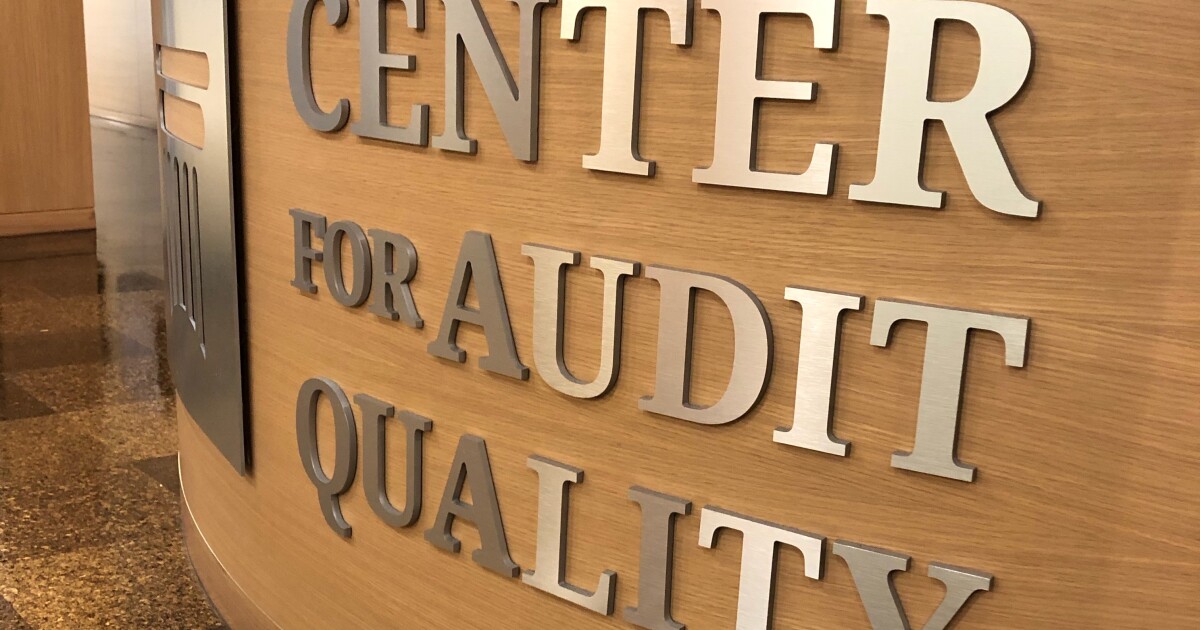Congressional Republicans are siding with Donald Trump in the messy divorce between the president and Elon Musk, an optimistic sign for eventual passage of a tax cut bill at the root of the two billionaires’ public feud.
Lawmakers are largely taking their cues from Trump and sticking by the $3 trillion bill at the center of the White House’s economic agenda. Musk, the biggest political donor of the 2024 cycle, has threatened to help primary anyone who votes for the legislation, but lawmakers are betting that staying in the president’s good graces is the safer path to political survival.
“The tax bill is not in jeopardy. We are going to deliver on that,” House Speaker Mike Johnson told reporters on Friday.
“I’ll tell you what — do not doubt, don’t second guess and do not challenge the President of the United States Donald Trump,” he added. “He is the leader of the party. He’s the most consequential political figure of our time.”
A fight between Trump and Musk exploded into public view this week. The sparring started with the tech titan calling the president’s tax bill a “disgusting abomination,” but quickly escalated to more personal attacks and Trump threatening to cancel all federal contracts and subsidies to Musk’s companies, such as Tesla Inc. and SpaceX which have benefitted from government ties.
Republicans on Capitol Hill, who had — until recently — publicly embraced Musk, said they weren’t swayed by the billionaire’s criticism that the bill cost too much. Lawmakers have refuted official estimates of the package, saying that the tax cuts for households, small businesses and politically important groups — including hospitality and hourly workers — will generate enough economic growth to offset the price tag.
“I don’t tell my friend Elon, I don’t argue with him about how to build rockets, and I wish he wouldn’t argue with me about how to craft legislation and pass it,” Johnson told CNBC earlier Friday.
House Budget Committee Chair Jodey Arrington told reporters that House lawmakers are focused on working with the Senate as it revises the bill to make sure the legislation has the political support in both chambers to make it to Trump’s desk for his signature.
“We move past the drama and we get the substance of what is needed to make the modest improvements that can be made,” he said.
House fiscal hawks said that they hadn’t changed their prior positions on the legislation based on Musk’s statements. They also said they agree with GOP leaders that there will be other chances to make further spending cuts outside the tax bill.
Representative Tom McClintock, a fiscal conservative, said “the bill will pass because it has to pass,” adding that both Musk and Trump needed to calm down. “They both need to take a nap,” he said.
Even some of the House bill’s most vociferous critics appeared resigned to its passage. Kentucky Representative Thomas Massie, who voted against the House version, predicted that despite Musk’s objections, the Senate will make only small changes.
“The speaker is right about one thing. This barely passed the House. If they muck with it too much in the Senate, it may not pass the House again,” he said.
Trump is pressuring lawmakers to move at breakneck speed to pass the tax-cut bill, demanding they vote on the bill before the July 4 holiday. The president has been quick to blast critics of the bill — including calling Senator Rand Paul “crazy” for objecting to the inclusion of a debt ceiling increase in the package.
As the legislation worked its way through the House last month, Trump took to social media to criticize holdouts and invited undecided members to the White House to compel them to support the package. It passed by one vote.
Senate Majority Leader John Thune — who is planning to unveil his chamber’s version of the bill as soon as next week — said his timeline is unmoved by Musk.
“We are already pretty far down the trail,” he said.


 Blog Post1 week ago
Blog Post1 week ago
 Economics1 week ago
Economics1 week ago
 Finance1 week ago
Finance1 week ago
 Economics1 week ago
Economics1 week ago
 Economics1 week ago
Economics1 week ago
 Personal Finance1 week ago
Personal Finance1 week ago
 Accounting1 week ago
Accounting1 week ago
 Economics1 week ago
Economics1 week ago













